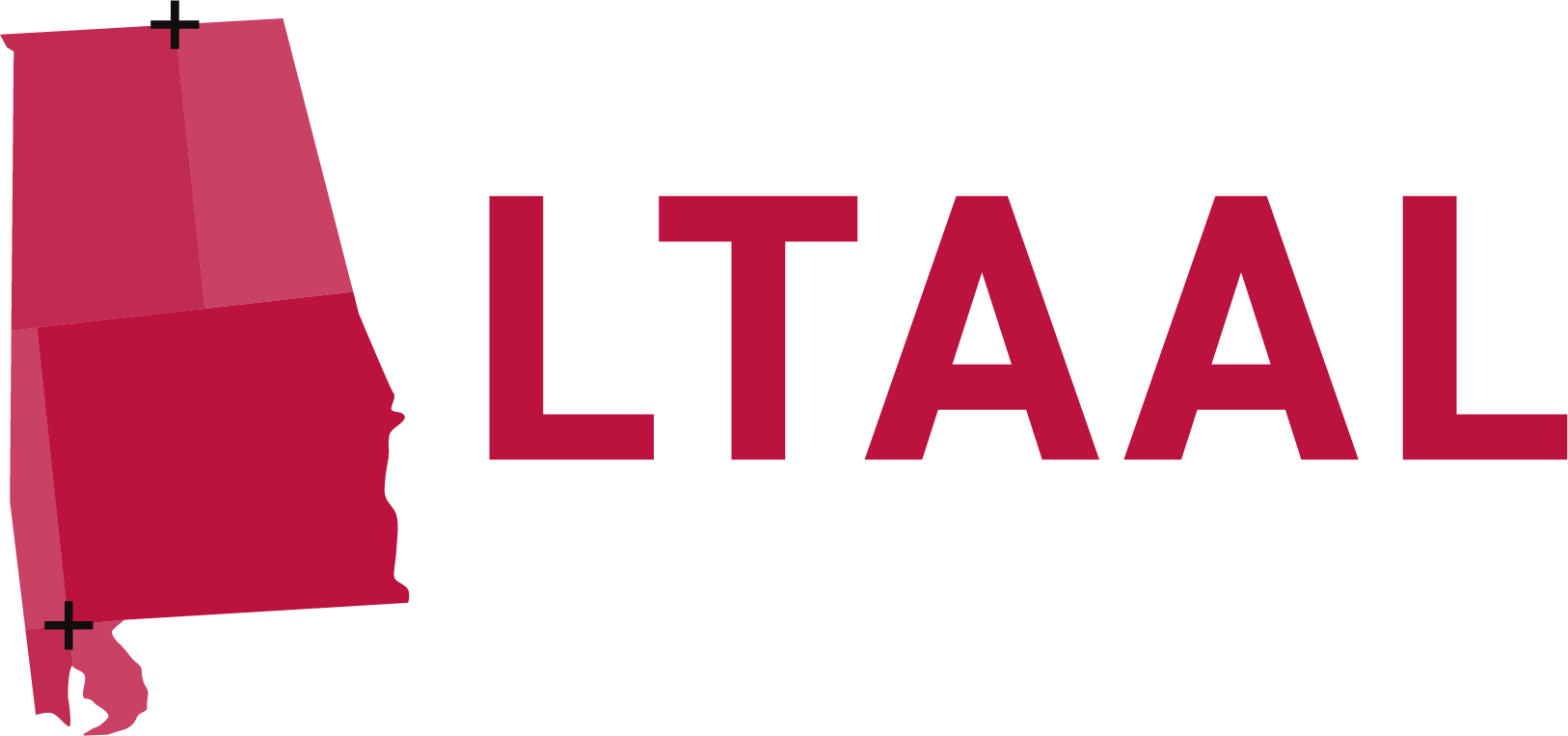Alabama Supreme Court Holds Lot Owner Violated Restrictive Covenant
The Alabama Supreme Court affirmed the trial court’s injunction against a lot owner (Cole) who sought to subdivide his property in violation of the neighborhood’s restrictive covenants. Cole v. Davis, No. SC-2022-0723, 2023 WL 2620610 (Ala. Mar. 24, 2023).
Facts:
The Alabama Supreme Court affirmed the trial court’s injunction against a lot owner (Cole) who sought to subdivide his property in violation of the neighborhood’s restrictive covenants. Cole bought the lot in 2018 with the knowledge that the covenants were amended two years prior to allow only one specific lot in the neighborhood to be subdivided. The amendment was in compliance with the covenants and applied to only the one lot (not Cole’s lot). The covenants had clear procedures for the amendment. Instead of approaching the neighborhood to get the same amendment applied to his lot, Cole applied to the municipality for a re-plat of his lot to allow for two structures, in excess of the density restrictions for the lot. The neighborhood sought an injunction from the trial court and was victorious.
Holding:
Justice Greg Cook wrote for a unanimous Alabama Supreme Court in upholding the continuing validity of the 1957 residential covenants as to the lot in question. The lot owner did not meet the “relative hardship” or “change in the neighborhood” standard of review for overturning covenants because of both his actual and constructive knowledge of the covenants. While the opinion did not say so, it appears the only hardship was the lot owner’s anticipated gain from overdevelopment on the existing lot.
Importance to the title industry:
This is not a new area of the law for the title industry, but it was written with enough specificity to provide a roadmap for reviewing whether a potential violation of residential covenants should be insured. Justice Cook prepared a map for both potential challengers to covenants and those who seek to uphold them:
- Cole could have sought a judgment declaring the validity, scope or enforceability of the covenants.
- Cole cited no ambiguity in the covenants (Alabama law is clear that unambiguous covenants are enforceable and that an injunction is the appropriate remedy for the breach).
- Cole offered no admissible evidence of other failures to enforce the covenants.
- Cole did not offer any proof as to what relevant and crucial evidence would come from the discovery of information the neighborhood failed to provide.
- Cole presented no evidence as to the feasibility of complying with the density restrictions or the financial impacts of the same. Likewise, no evidence was offered as to whether the neighborhood and its homeowners would be affected by the violation of the restrictions, or any other impacts.
- No evidence was presented that would meet the burden of a “radical” change in the neighborhood such that the covenants were no longer beneficial.
- Alabama case law does not recognize waiver or acquiescence as a defense to violations of residential covenants, although some other states do.
- Cole could have countersued to include all the lot owners, not just those named in the original complaint; and his failure to do so did not mean the remaining lot owners were indispensable parties for purposes of overturning the trial court.
While this case is specific to Alabama, its subject matter is not. Compliance with neighborhood covenants, whether in the residential or commercial title insurance context, is a daily matter for underwriting in our industry. Both the Covered Risks in the ALTA Policies of Title Insurance and multiple endorsements for both owners and lenders relate to coverage against violations of covenants, conditions, and restrictions (see ALTA 9 series, in particular).
And this decision, while it was rendered before any significant investment or vertical construction had commenced, could have just as easily reached the same conclusion at the end of construction.
Title Tips
- Be aware of all restrictions appearing of record for your Land, either by recorded covenants, zoning, or plat.
- Always obtain an estoppel from the relevant Declarant or authorized Association in order to clear compliance with covenants.
- Be wary of any general averment that there are numerous violations, and the covenants are no longer enforced. It may be necessary to require a declaratory judgment.
- An amendment as to one lot does not apply to other lots in the subdivision.
Joe Powell NTP, FACREL is vice president and managing underwriting counsel for Fidelity National Title Group. He can be reached at joe.powell@fntg.com.

